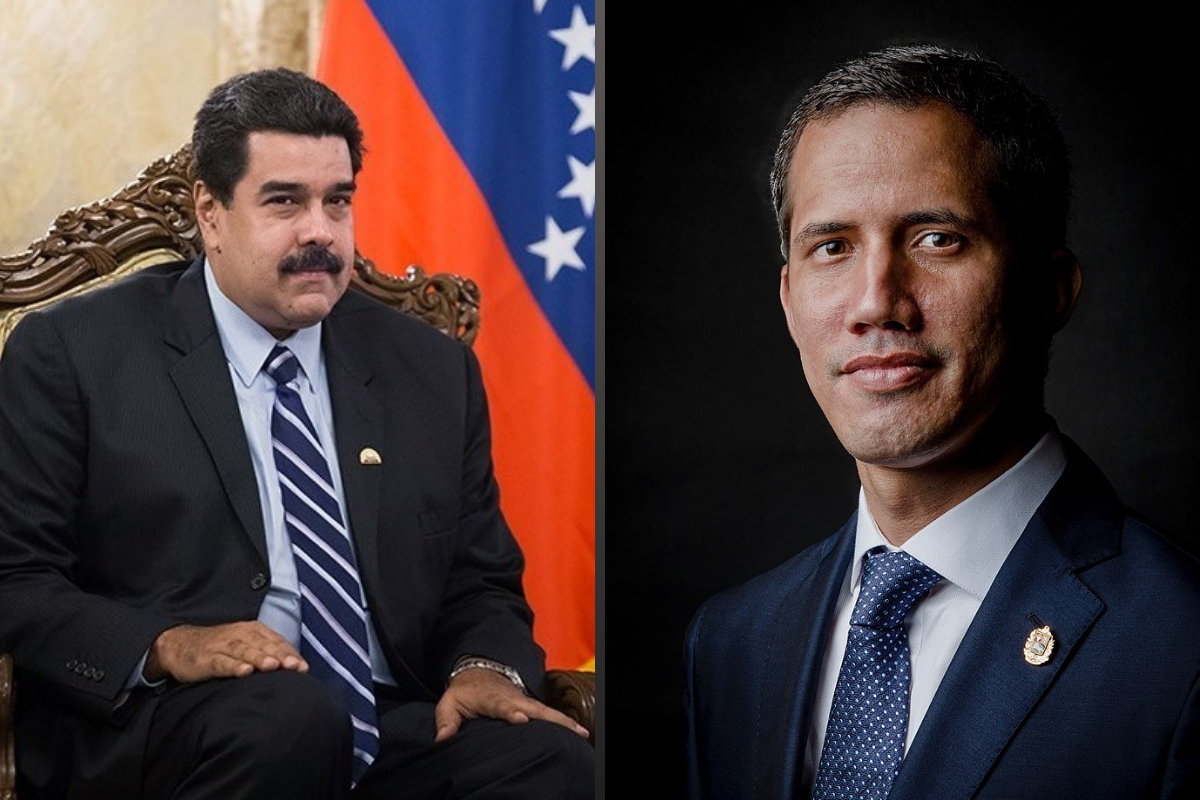By Paul Dobson/Venezuelanalysis.com
MÉRIDA, MAY 27, 2019 — Representatives from the Venezuelan government and opposition are returning to Norway for a second round of talks aimed at easing the political standoff in Venezuela.
Norwegian Foreign Minister Ine Eriksen Soreide confirmed the new round of talks between Venezuela’s “main political actors.” It is expected that the talks will involve face to face meetings, but no further details on their dates and content are currently known. Dialogue is supported by 81 percent of Venezuelans.
“We reiterate our commitment to continue supporting the search for an agreed-upon solution,” Soreide went on to say.
The move follows “preliminary contact” established on May 17 between each respective party and the Norwegian mediation team.
For the Venezuelan government, Communications Minister and Sectoral Vice President Jorge Rodríguez, Foreign Minister Jorge Arreaza, and Miranda State Governor Héctor Rodríguez all traveled to Oslo Monday.
Likewise, National Assembly Second Vice President Stalín González, ex-Minister Fernando Martínez Mottola, ex-Mayor Gerardo Blyde, and ex-Electoral Council Rector Vicente Díaz will represent the Venezuelan opposition. Everyone except Díaz and Arreaza participated in the first round of talks. Opposition spokespersons claim that Díaz is to provide “technical assistance” at the dialogue.
Over the weekend, both President Maduro and self-proclaimed “Interim President” Juan Guaidó commented on their expectations for the talks.
For his part, Maduro expressed that he hopes that the meetings will establish “agreements” which guarantee “the peace and stability of the country,” before thanking the Norwegian government for their efforts. Maduro recently proposed holding early parliamentary elections as a way out of the current political crisis.
Agradezco al gobierno de Noruega por sus esfuerzos para avanzar en los diálogos por la Paz y la estabilidad de Venezuela. Sale hacia Oslo nuestra delegación con buena disposición para trabajar la agenda integral acordada y avanzar en la construcción de buenos acuerdos. pic.twitter.com/8WMEZiNCuz
— Nicolás Maduro (@NicolasMaduro) May 26, 2019
Guaidó, however, was more adamant that his team did not travel to Oslo to negotiate, but rather participate in “a mediation… to explore a possible way out of this dictatorship.” He also reiterated that the starting point for any talks must be a cessation of what he terms as “the usurpation.” Guaidó has also called for the formation of a “transition government” and what he describes as “free” elections with a new Electoral Council.
Speaking from a small gathering of supporters in Lara State, Guaidó said, “From Lara to Norway, from Caracas to Washington, our demands are the same.” The opposition leader has repeatedly vowed that “all options” are on the table, including foreign intervention. Guaidó’s representative in Washington D.C., Carlos Vecchio, has recently held meetings with Pentagon and State Department officials.
The talks follow four months of political turmoil in Venezuela after Guaidó declared himself “interim president” on January 23 and was instantly backed by Washington and regional allies. However, efforts to oust the Maduro government, including an attempted military putsch on April 30, have failed.
The government last held direct talks with the opposition in 2017-2018 in the Dominican Republic. Among the pre-agreements were the guarantees and timeline for early presidential elections, as well as the release of a number of right wing activists who are accused of committing crimes during the 2017 wave of street violence. However, the opposition delegation walked away from the negotiating table without signing the document following U.S. pressure, leading to a split in opposition forces.
Some of Guaidó’s supporters, including Soy Venezuela leaders Antonio Ledezma and María Corina Machado, were quick to reject his acceptance of dialogue.
Speaking from Spain, former Caracas Mayor Ledezma describes the talks as “a crass error which may mean more deaths for Venezuela.”
Guaidó looked to reassure his supporters, telling them that “the great difference in this process is that today we have all the tools available to achieve the change.” He also warned that those who ease the pressure on Maduro “become accomplices of the dictatorship.”
International Reaction
The U.S. State Department was quick to express concerns about the new round of talks, claiming in a statement that past negotiations had led to divisions in the opposition.
The statement added that the only issue which Guaidó’s team has to discuss with Maduro’s is “the conditions of his departure.”
The Russian government, which has previously warned the U.S. of meddling in the country, firmly backed the talks, offering any assistance needed.
“We call on all states involved in the Venezuela situation to support the launch of the political process in the form of talks between the country’s major forces, refraining from issuing ultimatums to Venezuela’s leadership,” they explained.
The European-led International Contact Group, which recently met with the government and the opposition in Caracas, also expressed support for the dialogue initiative, reaffirming its “commitment to a political, peaceful and democratic solution.”
Edited by Ricardo Vaz from Caracas.



